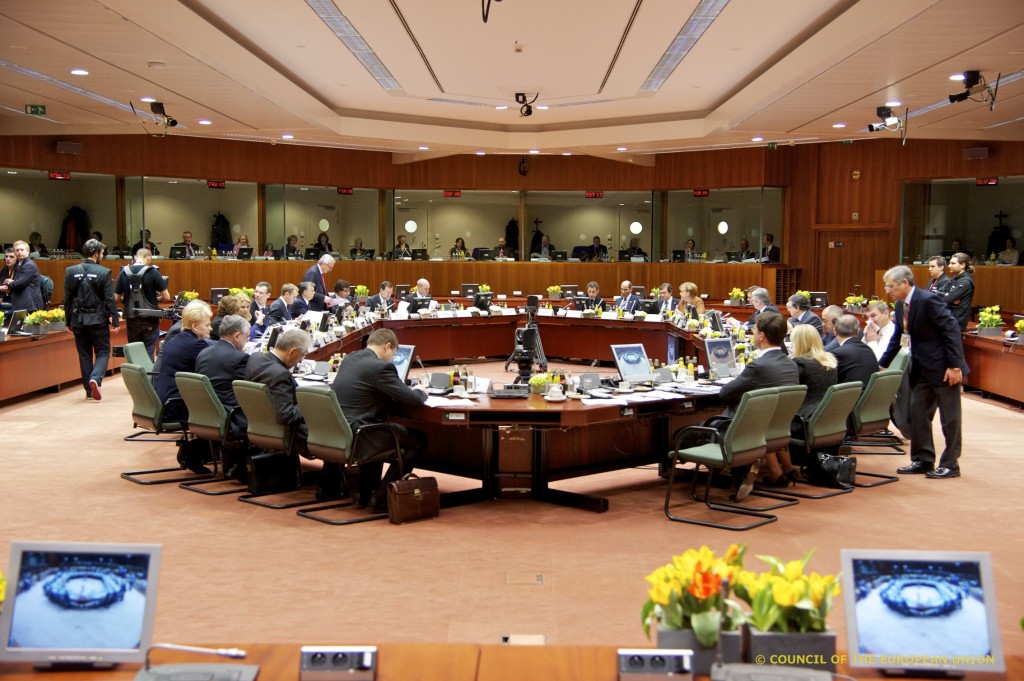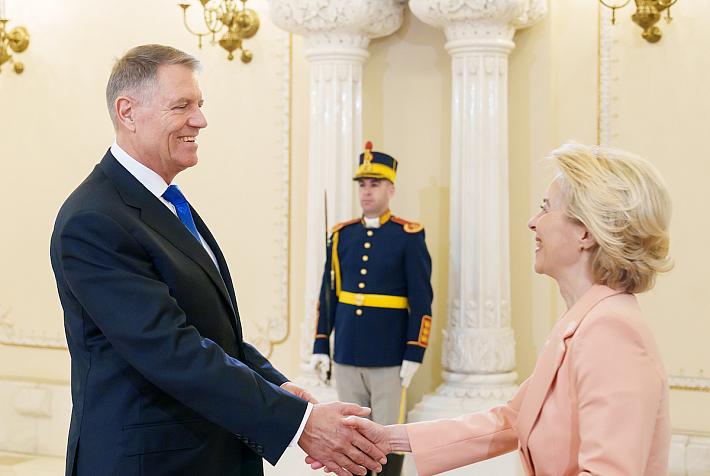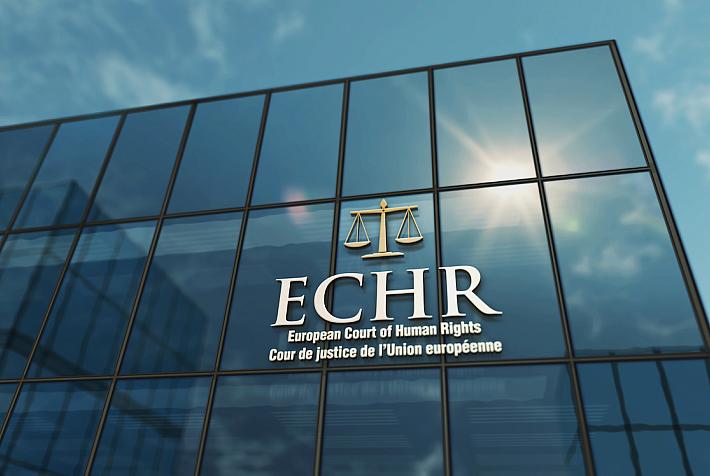EU leaders agree on need for growth, sign fiscal compact treaty at spring summit
 Growth versus austerity has emerged as a hot topic at the EU Summit on March 1 and 2 in Brussels, where 25 out of the 27 EU members signed the new Fiscal Treaty. The growth issue is becoming a permanent fixture for economic and political meetings, surfacing at Davos, the G20 summit and elsewhere recently.
Growth versus austerity has emerged as a hot topic at the EU Summit on March 1 and 2 in Brussels, where 25 out of the 27 EU members signed the new Fiscal Treaty. The growth issue is becoming a permanent fixture for economic and political meetings, surfacing at Davos, the G20 summit and elsewhere recently.
Opinion revolves roughly around three poles. The more zealous proponents of austerity, such as Finnish Prime Minister Jyrki Katainen, advocate strict control on spending and the prioritizing of deficit reduction. Then there are those, like Spain's premier Marian Rajoy, who want to see a relaxation of rules and deficit targets to help promote growth, and a third group, pushed by British PM David Cameron, who want to see further deregulation and reduction of bureaucracy in the common market to promote competitiveness.
Spain is said to be keen to widen deficit targets and avoid a potential fine for exceeding deficit limits, but Finnish PM Jyrki Katainen said such a move would be “completely wrong.” All recognize a need for growth and particularly job creation and it now seems that some kind of EU-compromise has been reached. Earlier, British PM complained that a British drafted letter setting out policy moves to increase competitiveness and signed by 12 EU states, had been overlooked, but the disagreement appears to have been resolved. Herman Van Rompuy, re-appointed as EC President, said Britain's ideas to cut bureaucracy would be included in the summit's conclusions.
The new fiscal compact was signed by all EU states, except Britain and the Czech Republic, at the summit, and the new rules look to be tested soon, Spain and the Netherlands have indicated that they will be likely to miss deficit targets.
The EU has also given Serbia candidate status, after opposition from Romania over ethnic Romanians in Serbia was resolved. A road map for Romania and Bulgaria's accession to the Schengen Area was also agreed, but, with or without a road map, accession of the two countries, originally scheduled for 2011, is further delayed by Dutch opposition.
Liam lever, liam@romania-insider.com
(photo source: European Council)















